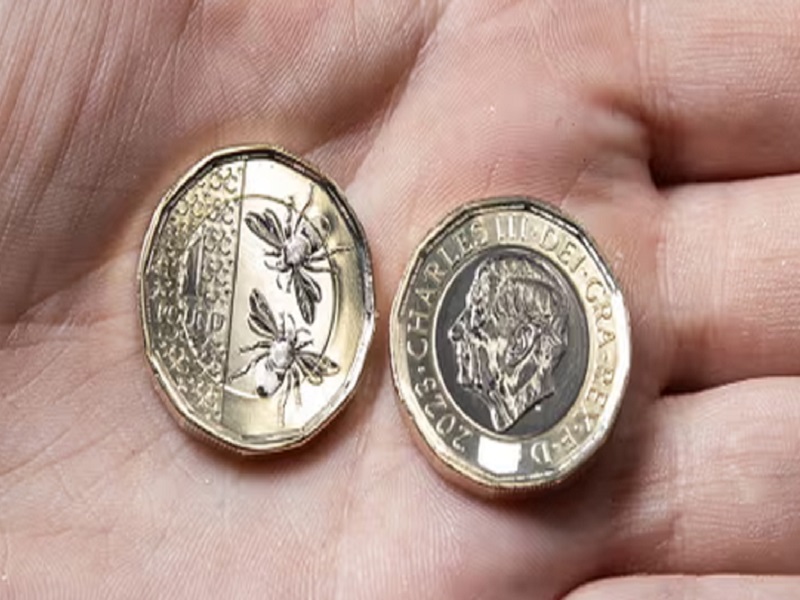Consumption of alcoholic beverages play a huge role in social gatherings in many cultures. Mostly, it gives a feeling of relaxation and calmness, increasing social relations and making people feel more at ease in social situations with excitement and occasionally “highness.”
A systemic analysis of the global burden from alcohol use by Max Griswold et al in 2018 revealed that one-third of all humans currently drink alcohol. Sadly, alcohol causes a high disease burden leading to significant social and economic consequences arising from unintentional and intentional injuries which occur in relatively younger age groups, including those due to road traffic crashes, violence, and suicide.
Also, we cannot ignore the two faced romance between alcohol and sleep. When taken in large amounts around bedtime, research shows that alcohol may disrupt your sleep cycle, duration, and quality. While many of us mistakenly believe that alcohol helps us fall asleep, it actually impairs sleep quality. Alcohol can make you fall asleep faster and sleep heavier during the first portion of the night because it depresses the brain alertness, so when we drink a bit too much (or too late in the evening) we will experience drowsines.
Furthermore, alcohol can disrupt your sleep during the second half of the night. According to Dr Bhanu Kolla, a sleep medicine expert who said, “Halfway through the night, chemical reactions in the liver will have finished changing the alcohol into an awakening chemical called acetaldehyde. This reduces the deepness of sleep, causing the night to be filled with excessive dreams from dream sleep stages (light sleep stages) of the sleep cycle.”
To avoid the negative effects of alcohol on great quality sleep, it’s advisable to minimize intake or quit at best. Whilst socializing, it’s important to prioritize one’s sleep and stop drinking at least two hours before bed to minimize the impact of alcohol on our sleep so one can wake up feeling well rested.
Please remember that when you sleep, where you sleep and how you sleep affect your mental, physical and total wellbeing.
TRIBUNE































































